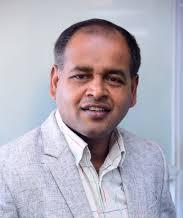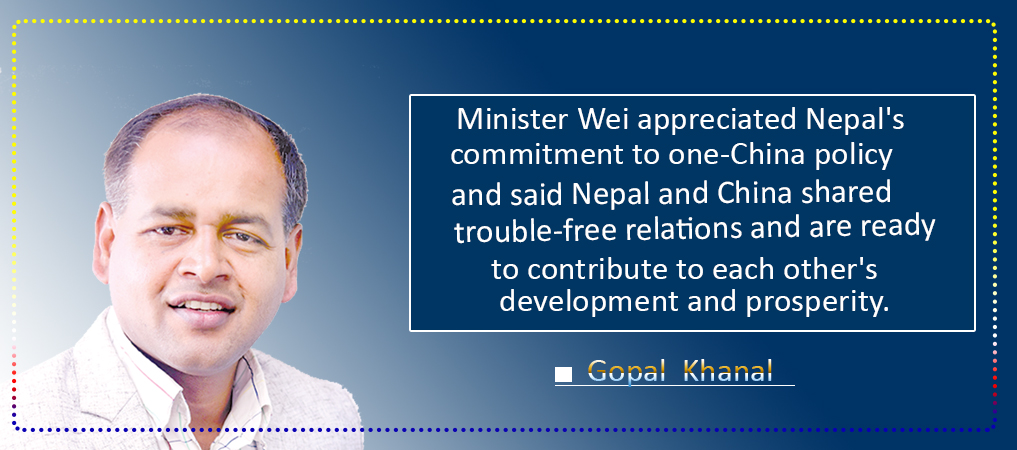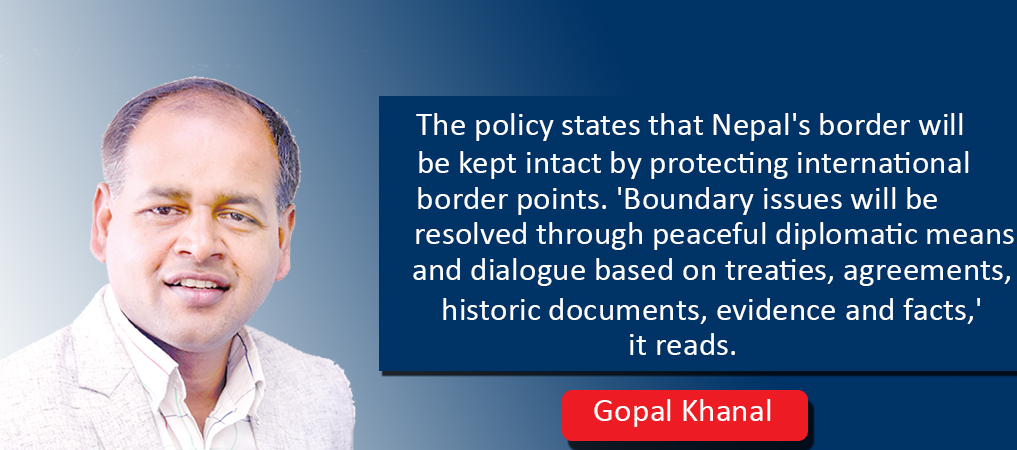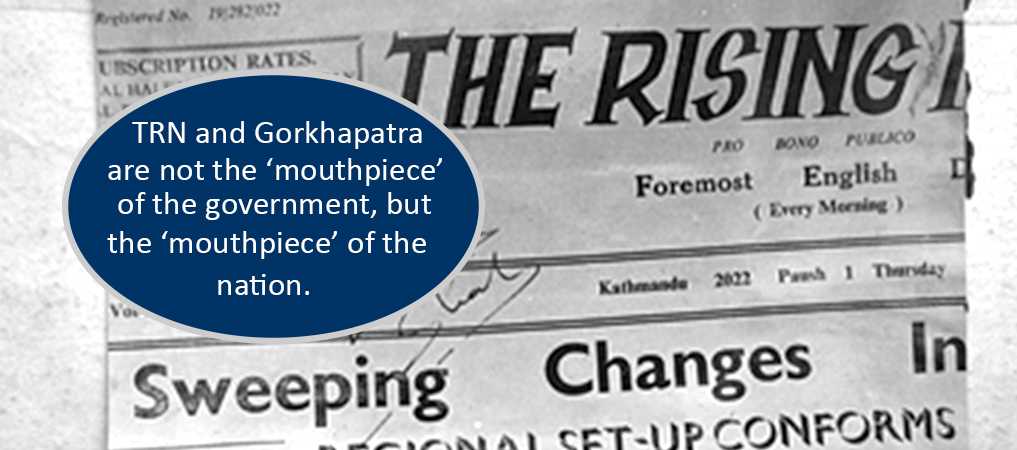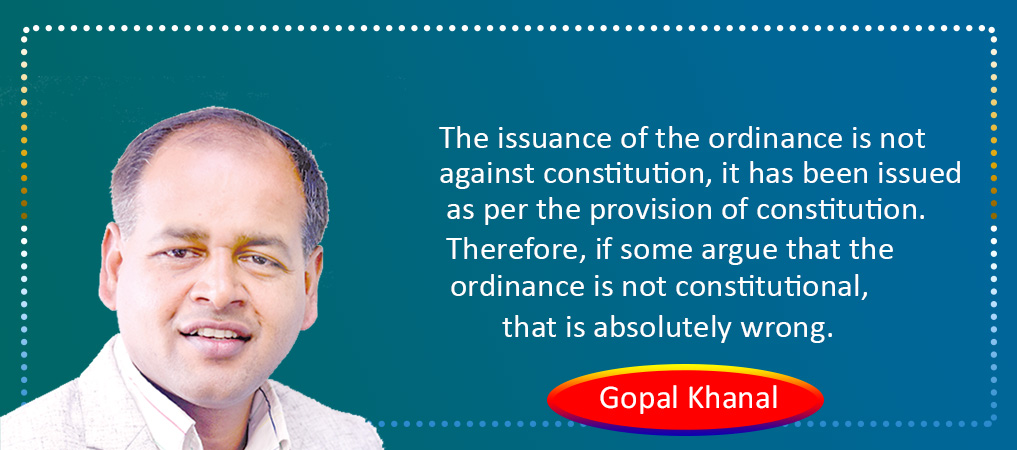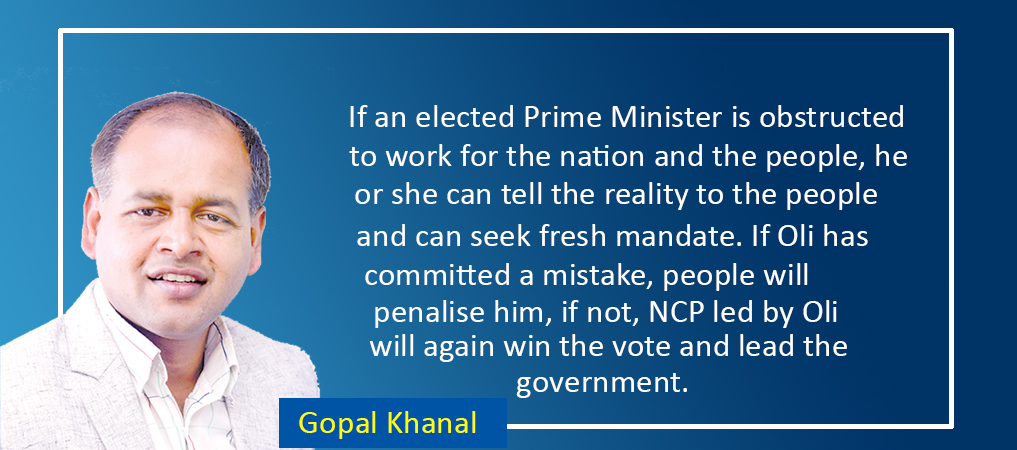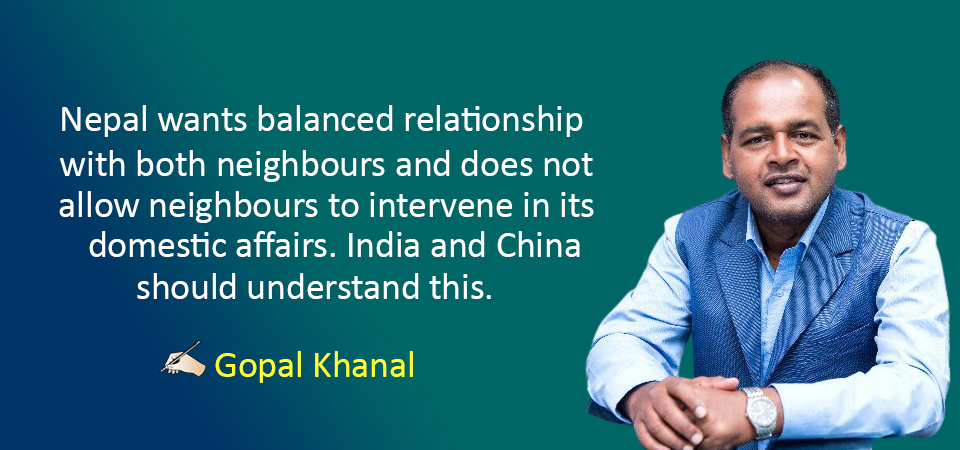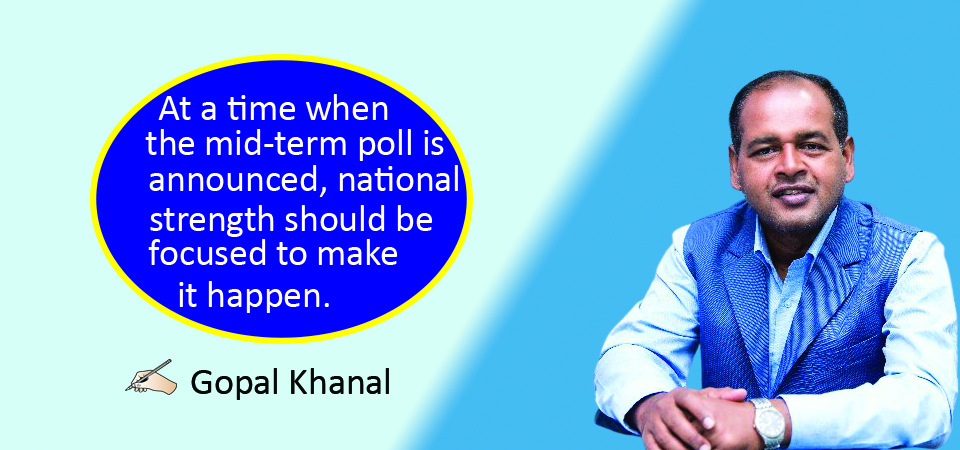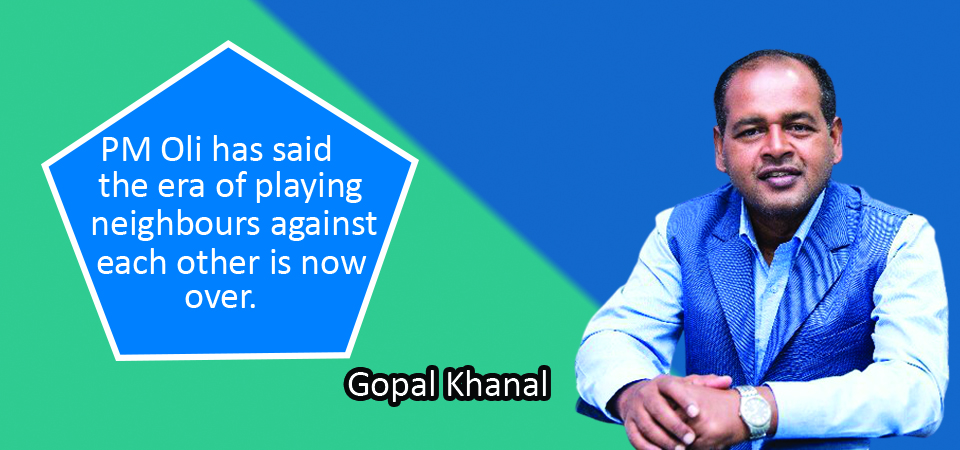SC Verdict & New Political Course
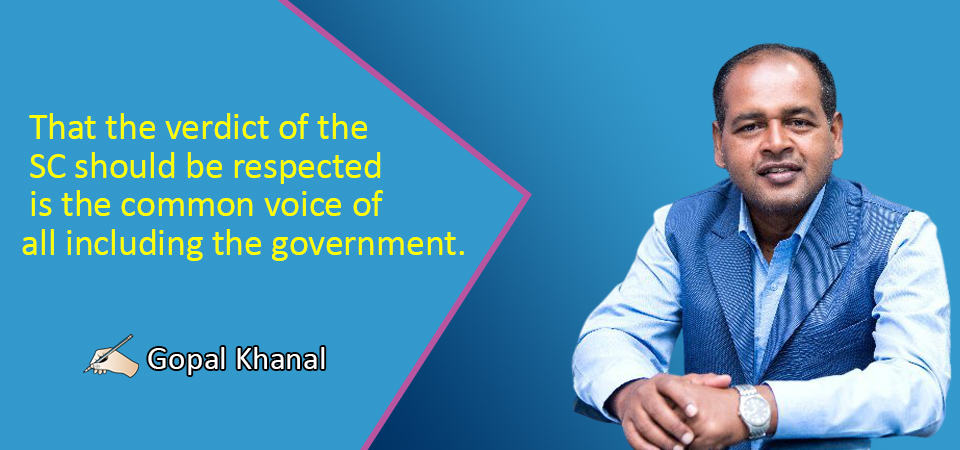
Gopal Khanal
The Supreme Court has reinstated the House of Representative (HoR), which was dissolved on December 20, 2020. The Constitutional Bench of the SC led by Chief Justice Cholendra Shumsher Rana restored HoR saying the President's decision to dissolve the HoR on the recommendation of Prime Minister is unconstitutional.
In its verdict, the SC said, “The HoR is now capable of carrying out its function by being reinstated.” It also issued mandamus to summon house session within 13 days. Abiding by this verdict, the Prime Minister will recommend the day of summoning House to the President and the House will meet within the given timeframe.
Respect The Verdict
After the dissolution of HoR, the political parties and civil societies with their political affinity were sharply divided on the issue. Prime Minister Oli-led NCP was naturally staunch supporters of the move while the Prachanda-Nepal Faction vehemently protested it.
Even within the main opposition Nepali Congress, there were two lines of thoughts. President Sher Bahadur Deuba had been standing in favour of election despite calling the Prime Minister's move 'unconstitutional', while Ram Chandra Poudel’s group termed it 'unconstitutional' and 'regressive'. Janata Samajbadi Party (JSP) also lacked uniform position on the dissolution of HoR and the mid-term elections. Baburam-Updendra group's sole aim was to unseat Prime Minister Oli but other leaders including Mahantha Thakur had been silent on the dissolution and mid-term polls.
But the situation has changed now and HoR has been restored. After the SC's verdict that annulled the PM's call for fresh mandate, the parties have officially made public their opinions, which are in tune with their previous stance. Except for the NCP led by Prime Minister, all other parties have welcomed the verdict as historic. That the verdict of the SC should be respected is the common voice of all including the government.
Minister for Foreign Affairs and spokesperson of Oli-led NCP Pradeep Kumar Gyawali said the SC’s decision to reinstate the HoR was not expected. He, however, said that his party would respect the verdict. “We accept the court decision because we believe in an independent judiciary and the rule of law,” he said.
The euphoria was seen in the Prachanda-Nepal faction of NCP, which was expected. Immediately after the verdict, Prachanda and Nepal exchanged their congratulations with each other and interpreted the verdict as a victory of their political line. “The people have won with the restoration of parliament. The judiciary took a historic and bold decision,” the cheerful leaders said.
Similarly, Nepali Congress welcomed the SC’s verdict to reinstate the HoR. Issuing a statement, NC president Sher Bahadur Deuba said, “NC welcomes the SC’s decision. He said his party had been reiterating that no one should exert pressure on the court on a sub-judice case, and the party would respect the court verdict.”
Next step
The SC’s verdict should be respected by those who believe in judiciary and the rule of law. The positive atmosphere is that all the political parties have shown their faith in judiciary and no doubt the decision would be implemented. The most important of all is to move ahead with the spirit of the constitution preserving the essence of democracy and maintaining political stability.
The Prime Minister had dissolved the HoR, citing the internal imbroglio of his party and announced the date of fresh election. The SC dismissed his move, which is of course a setback to Prime Minister Oli for his future politics, but it is not the end of his political life as some have hastily analysed. The Prime Minister has hinted that he will face the parliament instead of tendering his resignation from the post. It seems logical to face the parliament and test himself in the House. It is too early to make conclusion about the upcoming political scenario which is hazy and difficult at this juncture.
But one thing is clear. Nepali Congress has now become the decisive factor in shaping the parliamentary politics. President Deuba and senior leader Poudel know this reality, but unfortunately they couldn't have come to a common ground to exploit the opportunity resulting from split of NCP. The disdain of Prachanda and Madhav Nepal is that they cannot reach the seat of power without the support of the Nepali Congress.
Realising this fact, Prachanda has offered premiership post to Deuba and given him a blank cheque on selecting new cabinet members. But, Deuba might have not yet forgot deception he experienced in previous alliance with the former Maoists. There is tremendous pressure within the Nepali Congress not to join the left-led government or not to support any faction of NCP. Deuba seems to have been in constant touch with Prime Minister Oli about the future course of politics, but he cannot easily muster support in party to forge alliance with Oli.
Winning game
For the leaders of NC, the official division of NCP can be crucial. Therefore, it seems Deuba and Poudel are waiting for the formal split of the NCP. For this to happen, they will try to fuel the internal crisis of the ruling party. All are observing how the NCP factions will move ahead as this will decide the future political course of Nepal. For both factions, succeeding to have majority members of parliament will be decisive. But we should be cautious not to repeat the past anomalies and aberrations arising from coalition governments.
(Khanal is consulting editor at Gorkhapatra Corporation. khanalbro@gmail.com)
Recent News

Do not make expressions casting dout on election: EC
14 Apr, 2022
CM Bhatta says may New Year 2079 BS inspire positive thinking
14 Apr, 2022
Three new cases, 44 recoveries in 24 hours
14 Apr, 2022
689 climbers of 84 teams so far acquire permits for climbing various peaks this spring season
14 Apr, 2022
How the rising cost of living crisis is impacting Nepal
14 Apr, 2022
US military confirms an interstellar meteor collided with Earth
14 Apr, 2022
Valneva Covid vaccine approved for use in UK
14 Apr, 2022
Chair Prachanda highlights need of unity among Maoist, Communist forces
14 Apr, 2022
Ranbir Kapoor and Alia Bhatt: Bollywood toasts star couple on wedding
14 Apr, 2022
President Bhandari confers decorations (Photo Feature)
14 Apr, 2022



